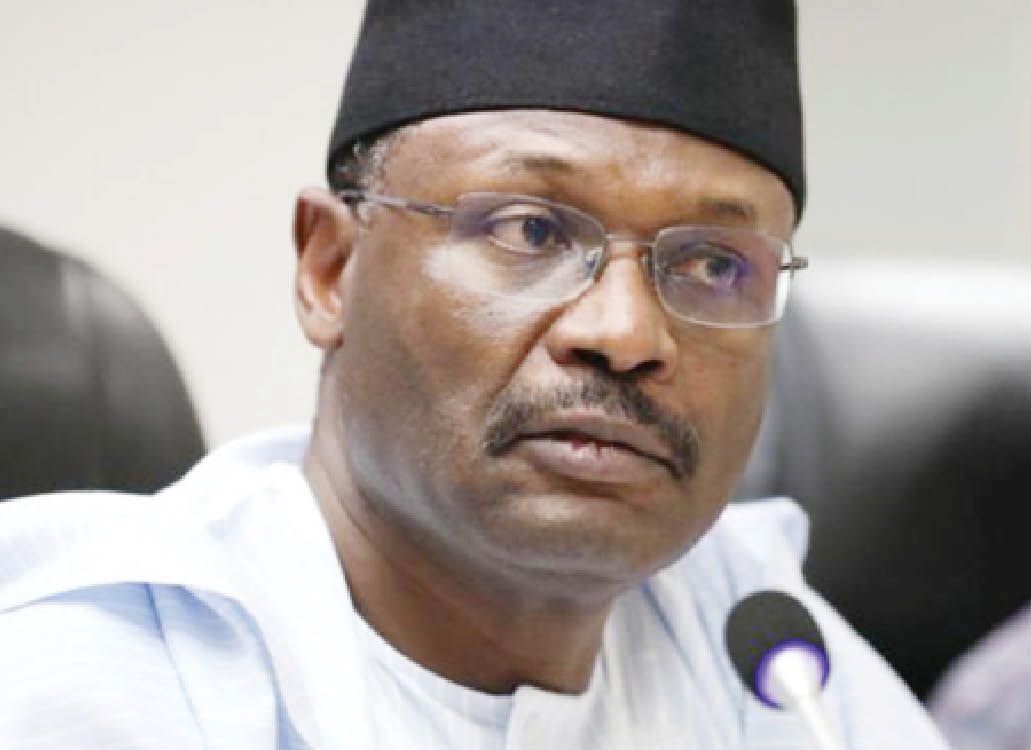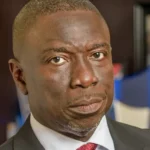Nigeria used about two million tonnes of paper to conduct the 2019 G•eneral Elections, an official of the National Independent Electoral Commission (INEC) has said.
“For the first time, we used close to two million tonnes of paper for the conduct of elections, that is paper that will fill about 60 and 70 aircrafts, Prince Adedeji Soyebi, INEC National Commissioner in charge of South West, said on Tuesday.
Soyebi, also the Chairman, Board of the Electoral Institute, INEC, raised the concern in Lagos at the INEC 2019 State Level Post Election Review Retreat.
The News Agency of Nigeria (NAN) reports that the meeting had in attendance INEC management staff including heads of departments, electoral officers and their assistants and some collation officers in the state at the 2019 elections.
Soyebi said that elections in the country had been too expensive due to mistrust among the stakeholders.
“We must look for a way to perfect the system. The build up to the election was very rancorous,’’ he said.
According to him, the number of woods cut to produce huge paper used for ballots, perfecting security features to currency standard, logistics and others, call for concern.
“Most of the things we do here are due to lack of trust. When we print out ballot paper, we print it up to currency quality with a lot of security features.
“We transport them as if we are transporting money with fully armed security apparatus, keep in central bank as if they are currency; all these are prices of mistrust among ourselves.
” This mistrust is costing the country very hugely. All these we must address as a nation, we cannot continue this wasteful expenses because we don’t trust ourselves.
”It is just appropriate for us to take stock after a major exercise like this. In the history of elections in Nigeria, this is the first time we will be confronted with huge logistics problems,” he said.
Soyebi , who also frowned at huge number of petitions and litigation arising from party primaries and general elections, said that the country had a long way to go.
He said that full electronic voting would tackle most of Nigeria’s electoral challenges.
“Time waits for nobody, we need a dynamic electoral system. The dynamics of politics and elections keep changing in Nigeria every time.
“We have been clamouring for what is called full electronic voting. By now, our register is electronic; accreditation by the smart card readers is electronic.
“Honestly, in my opinion, if we can have electronic balloting, it will help the system, it will rest a lot of things,’’ he added.
According to him, in 2015, the total number of registered voters was about 70 million, and in 2019, about 84 million.
“If we project into 2023, we should expect about 100 million registered voters.”
Soyebi congratulated INEC staff for their performances in the 2019 elections in spite of challenges.
He said that the commission had started making preparation for 2023 general elections, adding that the first ballot wiould be cast in 2023, exactly 1, 332 days away.
“What we are here to do is to find out things that went right and look at those things that went wrong and find ways of correcting them.
“This review is going to translate into relationship with other stakeholders to find out what went right and what went wrong.
Mr Sam Olumekun, the Resident Electoral Commissioner of INEC in Lagos State, said at the event that there was the need for stakeholders to consider addressing voter apathy before 2023 elections.
Olumekun said that the meeting was aimed at conducting a postmortem of the 2019 elections.
He said that the objective was to review operational framework and provide a platform for knowledge sharing.
According to him, there are reports and comments on the conduct and outcomes of the elections, including those abusing INEC and those supporting it.
He said: “We need to look at all these reports and, in good conscience, comment on these reports. There have been massive allegations of inducement of voters and vote-buying.
“In my humble opinion, this is the effect of processes in the system, but must we not ask the question: If there is an effect, what is the cause?
“Another important issue is voter apathy. We have close to 6.6 million registered voters in Lagos.
“In each of those elections, we recorded barely one million people turning out to vote.
“This is a very important issue that we must look into. How can we mitigate this development?”
The official, who said that the commission would want to avoid pitfalls in future polls, urged the residents to change all negative and undemocratic attitudes toward elections.
He noted that while losers in the elections raised allegations of partisanship, corruption and collusion, the winners praised the commission for its performance.
Olumekun said that various interpretations were given to INEC actions and inaction before, during and after the 2019 elections.
“It (the retreat) is to identify success factors in the elections with a view to consolidating and sustaining them and, of course, highlights challenges in the elections in local governments and the state,’’ he said. (NAN)

 Join Daily Trust WhatsApp Community For Quick Access To News and Happenings Around You.
Join Daily Trust WhatsApp Community For Quick Access To News and Happenings Around You.


